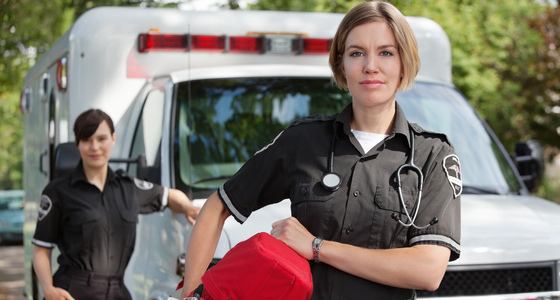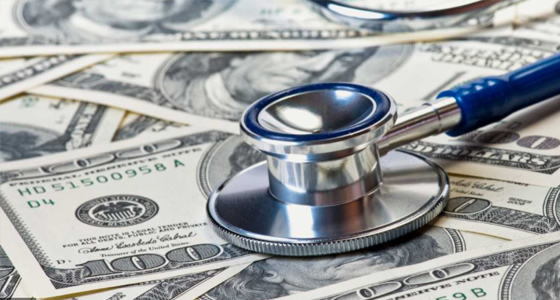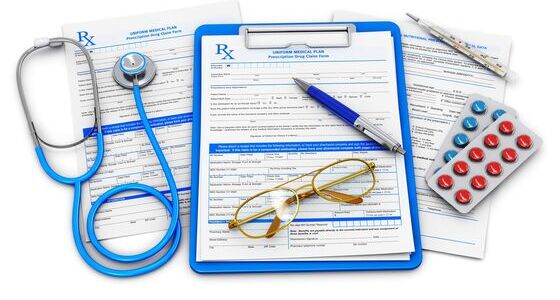In the hospitals, we have different personnel working to ensure that all patients are well catered for and treated.
The personnel includes; nurses, doctors, physician’s assistants, and paramedics. Sometimes it isn’t easy to know who does what, and this article will cover the role of paramedics in general healthcare.
Who are paramedics?
The word ‘paramedic’ arises from two words: ‘ para’ and ‘medic.’ Para means ‘next to,’ and medic means ‘doctor.’ It means that paramedics should work next to a doctor or under a doctor’s instructions.
What do paramedics do?
Paramedics can provide life – saving treatment before a doctor gets to the patient. There are mainly found in ambulances and can use even the advanced equipment in the ambulances. They can also work in cruise ships, ocean rescue teams, firefighting teams, and S.W.A.T. teams. They respond to emergencies and offer services such as; ·
Clearing airways
Doing a C.P.R.
Prescribing antidotes to poisoning
Conducting basic medical tests
However, nowadays, the scope of their functions is increasing, and they are becoming vital members of health centers. They are also dealing with primary health care, and you can find them in walk – in centers, minor injury units, and first aid centers. Paramedics are also doing home – visiting services.
Paramedics are contributing to reduced general practitioners (GPs) workload G.P.s are responsible for looking after patients at home or in their communities. Many G.P. consultations happen every day, and the G.P.s are often overwhelmed by the workload. The paramedics also provide help to patients in the communities by helping treat acute, non – complex health complications.
Paramedics, according to studies, spend more time with the patients, and some of these patients report that they are hap py with their experiences with the paramedics. However, their efforts in providing primary health care have been curtailed by the patients’ reluctance to call the paramedics because most of them prefer contacting their G.P.s.
Supervisory duties over less – t rained members of the medical team
The level of training of paramedics is higher than some members of their team, such as the Emergency Medical Technicians (E.M.T.s). E.M.T.s can only use essential equipment in an ambulance, while paramedics can use primary and complex equipment.
The paramedics, therefore, can supervise the E.M.T.s, ensuring they are performing the right tasks and guiding them where they need help. Many E.M.T.s become paramedics through engaging in training; for example, they can be trained to start intravenous lines and using advanced equipment in an ambulance.
Education and training
It depends on the state in which one would wish to engage in paramedic education and training. A particular state may require one to have a high school diploma and a C.P.R. certification, while in another state, one would need an E.M.T. certification.
However, for a paramedic to work in primary and urgent care, paramedics must have postgraduate education. Also, paramedics working in primary and urgent care services require mentor ship and supervision from doctors.
Conclusion
Paramedics are becoming a vital part of the healthcare sector due to their ever – evolving responsibilities. Their significance will only continue to grow.




